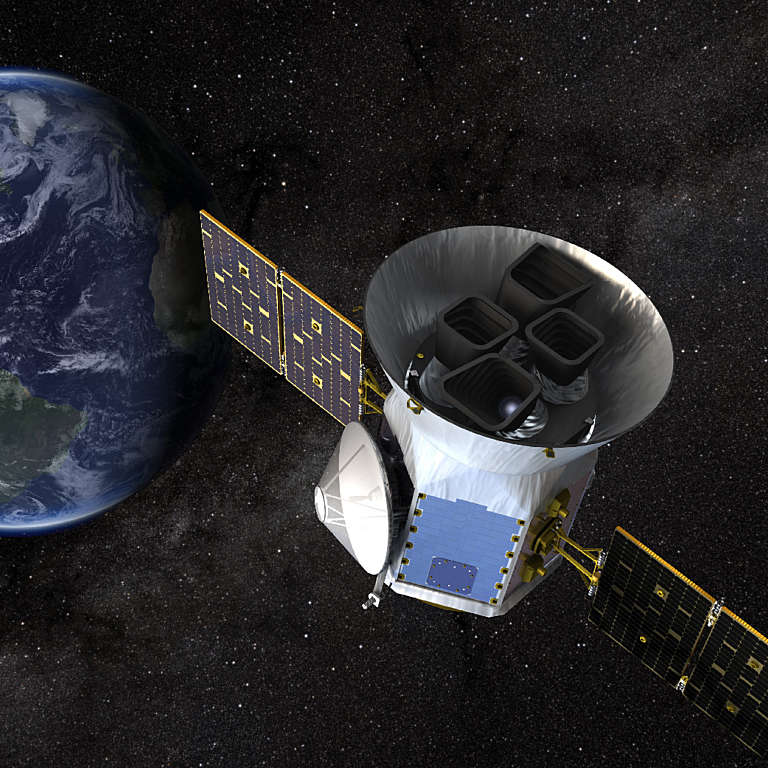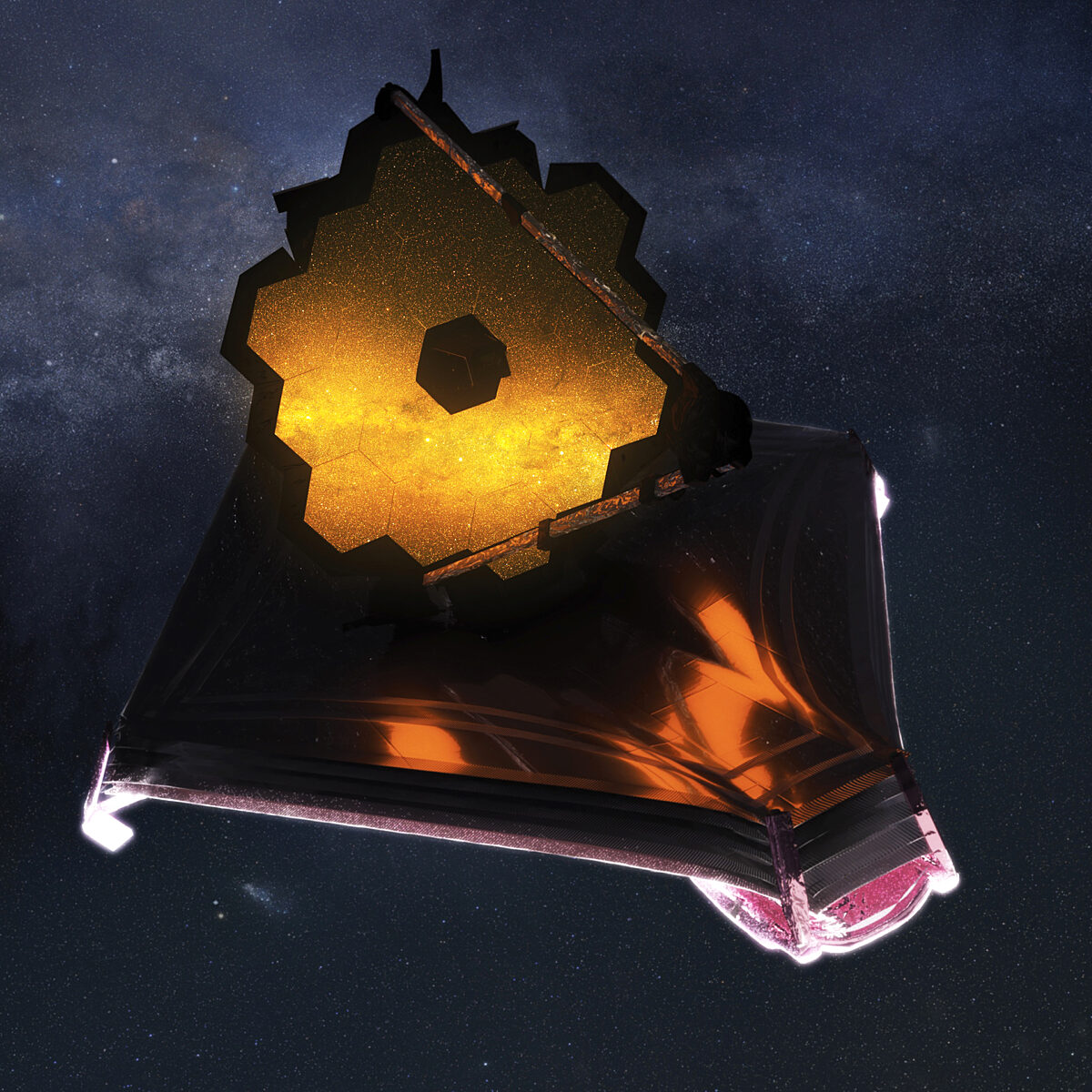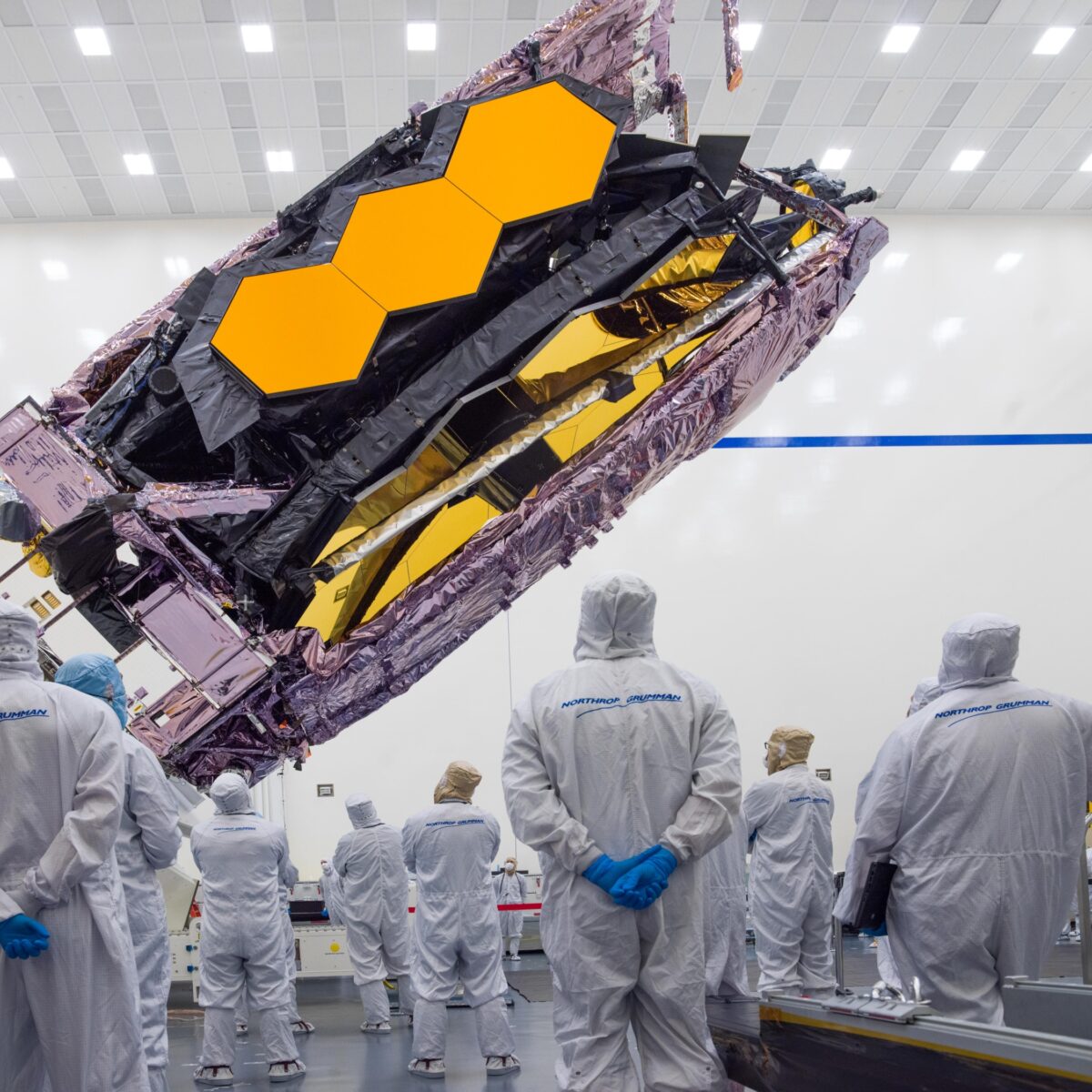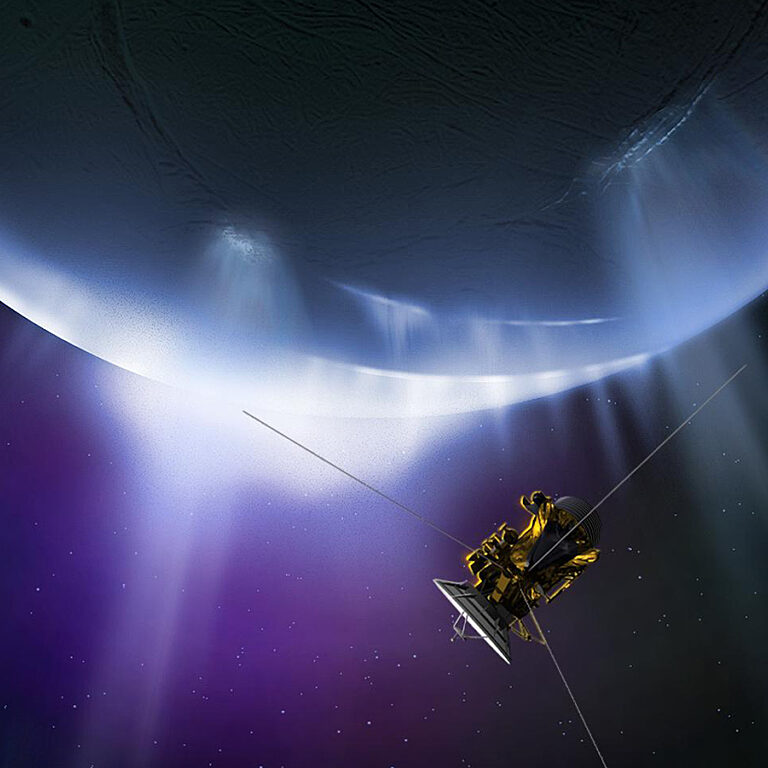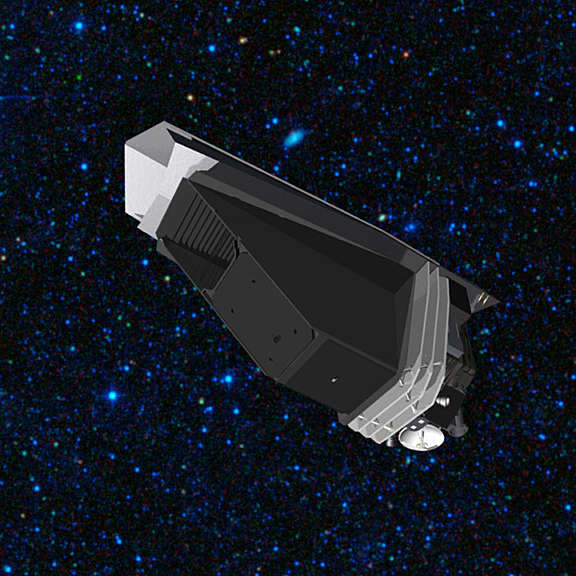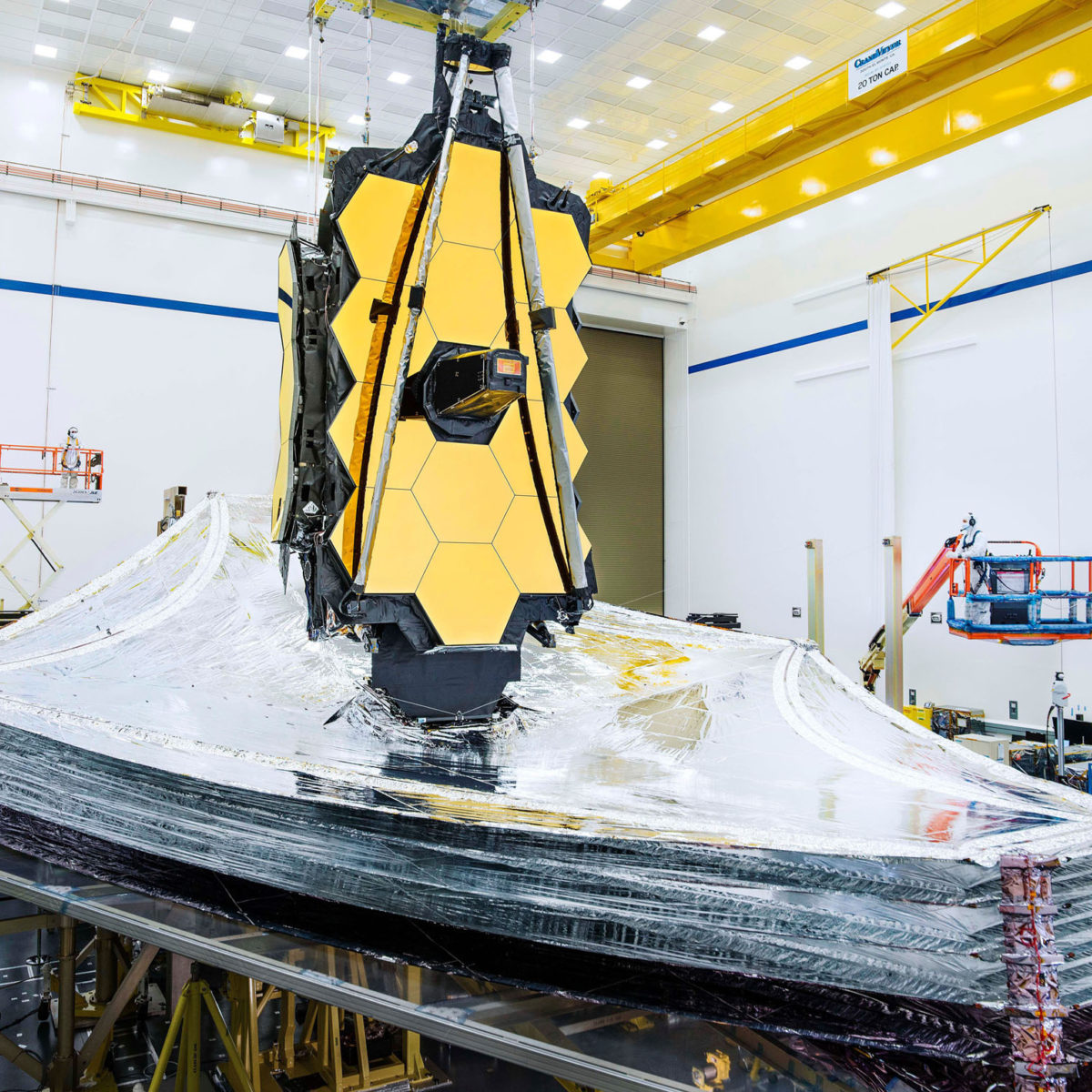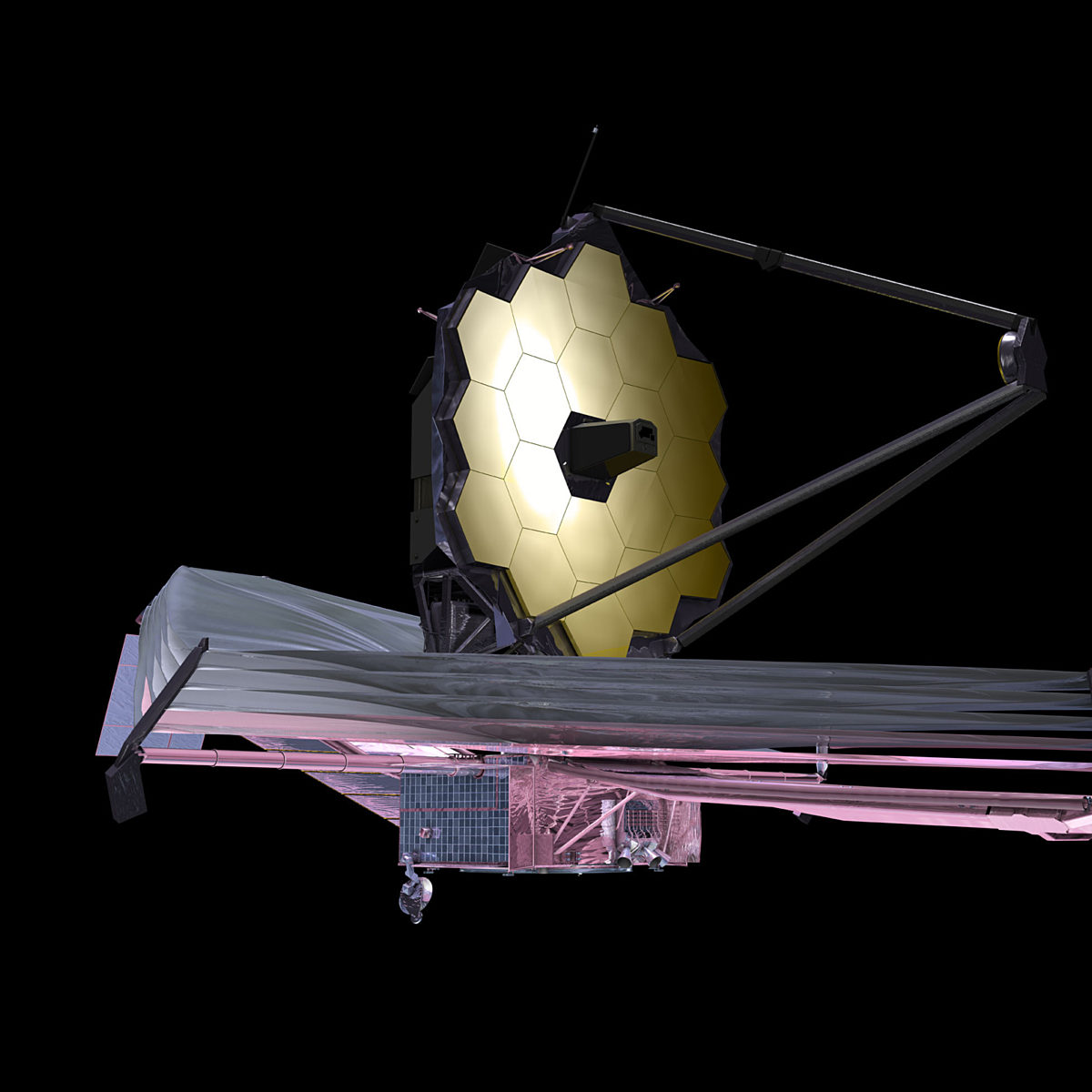Since 2002, Planetary Radio has visited with a scientist, engineer, project manager, advocate, or writer who provides a unique perspective on the quest for knowledge about our Solar System and beyond. The full show archive is available for free.
Search Planetary Radio
MIT’s Michelle Kunimoto heads the TESS Faint Star Search that has revealed over 1,600 of the more than 5,000 TESS-discovered exoplanet candidates in our galaxy.
Johanna Vos watches the weather on brown dwarf worlds while her colleague, Sam Grunblatt, finds giant planets spiraling toward their doom.
Science historian Robert Smith describes how NASA's new flagship space observatory came to be.
JWST senior project scientist John Mather has been looking forward to the new space telescope’s first light for more than 30 years. He joins us with a fascinating preview.
A spacecraft has penetrated the Sun’s corona for the first time, revealing unprecedented data and capturing a mind-blowing video.
Planetary Society chief of D.C. operations Brendan Curry returns for a look ahead at what to expect in 2022.
Building the next spacesuit for Moon walkers, and a shipboard update on how the Artemis 1 Orion capsule will be recovered from the Pacific Ocean.
Seven Planetary Society experts and enthusiasts celebrate 2021’s many space science and exploration milestones.
Three astronomers share what they hope the James Webb Space Telescope will reveal about our universe after launch.
Director Adam McKay and planetary defense expert Amy Mainzer join us for a conversation about the film and the science behind it.
Veteran astronomer Heidi Hammel discusses how the new astrophysics decadal survey lays the groundwork for decades of exciting science.
Flying a spacecraft through geysers spewing from Saturn’s moon Enceladus might reveal the building blocks of life or even life itself.
NASA has approved development of the NEO Surveyor space telescope. Project lead Amy Mainzer shares her hopes for this vital planetary defense tool.
Host Mat Kaplan visits the James Webb Space Telescope in California to see the observatory before it launches and speak with project leaders.
Astrophysicist Grant Tremblay describes how four proposed space telescopes could reveal our solar system and the universe as never before.
Six planetary defense leaders report on progress toward protecting Earth from near-Earth objects.
Exoplanet hunter and artist Natalia Guerrero of MIT reveals the discovery of many more possible new worlds by NASA’s Transiting Exoplanet Survey Satellite.
In spite of everything, 2020 was a good year for space exploration according to five of The Planetary Society’s experts.
Astronomer and planetary scientist Heidi Hammel’s AURA shines bright across our solar system and beyond.
How will the universe end? That’s the question explored by cosmologist Katie Mack in her very entertaining new book.


 Explore Worlds
Explore Worlds Find Life
Find Life Defend Earth
Defend Earth


